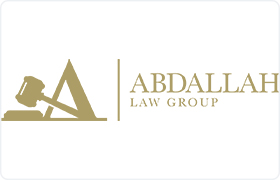Ducor Timeshare Lawyer, California
Sponsored Law Firm
-
 x
x

Click For More Info:
-
Abdallah Law Group, P.C.
555 Capitol Mall Suite 766 Sacramento, CA 95814» view mapReal Estate Law #1 Sacramento Law Office
Abdallah Law Group is ready to fight for our clients. We provide comprehensive, individualized and affordable legal representation.
800-698-5801
Warning! No lawyers found in this specified area.
Not enough matches for Ducor Timeshare lawyer.
Below are all Ducor Real Estate lawyers.
 Mitchell Abdallah Sacramento, CA
Mitchell Abdallah Sacramento, CA
